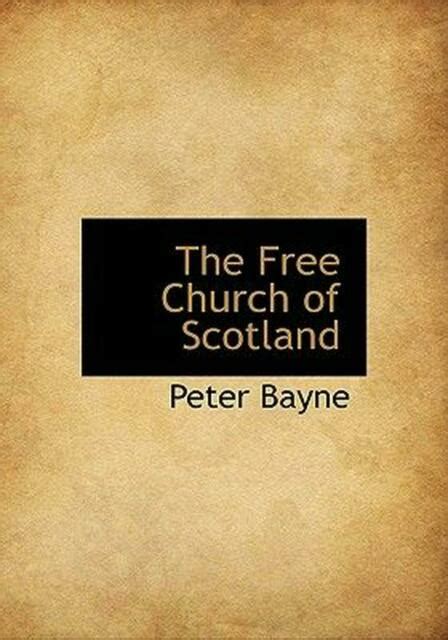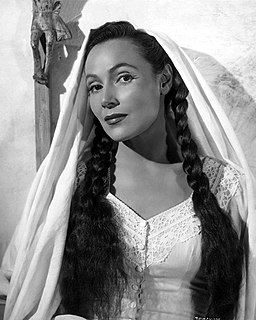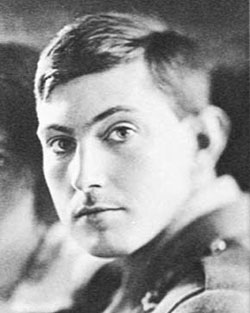A Quote by George Eliot
Human feeling is like the mighty rivers that bless the earth: it does not wait for beauty — it flows with resistless force and brings beauty with it.
Related Quotes
Beauty captivates the flesh in order to obtain permission to pass right through to the soul. . . . When the feeling for beauty happens to be associated with the sight of some human being, the transference of love is made possible, at any rate in an illusory manner. But it is all the beauty of the world, it is universal beauty, for which we yearn.
It is the search for beauty...That is what it is. We find ourselves on this earth--gods and men--and we know that it is beautiful. That is one of the few things we understand--beauty; because it is there, in the world, and we can see it all about us. We want beauty. It requires our love. It just does.
This world in which we live needs beauty in order not to sink into despair. Beauty, like truth, brings joy to the human heart, and is that precious fruit which resists the erosion of time, which unites generations and enables them to be one in admiration. And all this through the work of your hands . . . Remember that you are the custodians of beauty in the world.
God who is goodness and truth is also beauty. It is this innate human and divine longing, found in the company of goodness and truth, that is able to recognize and leap up at beauty and rejoice and know that all is beautiful, that there is not one speck of beauty under the sun that does not mirror back the beauty of God.
The person in misery does not need a look that judges and criticizes but a comforting presence that brings peace and hope and life and says: 'you are a human person: important, mysterious, infinitely precious, what you have to say is important because it flows from a humn person; in you there are those seeds of the infinite, those germs of love... of beauty which must rise from the earth of your misery so humanity be fulfilled. If you do not rise then something will be missing... Rise again because we all need you... be loved beloved.'
I have always stressed to my girls that outer beauty fades but inner beauty lasts forever. Simple things like smiling and looking people in the eye could change someone's bad day into a good one. My mom always said that beauty is as beauty does, and I'm sure it will pass along to all the future generations of our family.
The assumption behind any theology that I've ever been familiar with is that there is a profound beauty in being, simply in itself. Poetry, at least traditionally, has been an educing of the beauty of language, the beauty of experience, the beauty of the working of the mind, and so on. The pastor does, indeed, appreciate it.






































